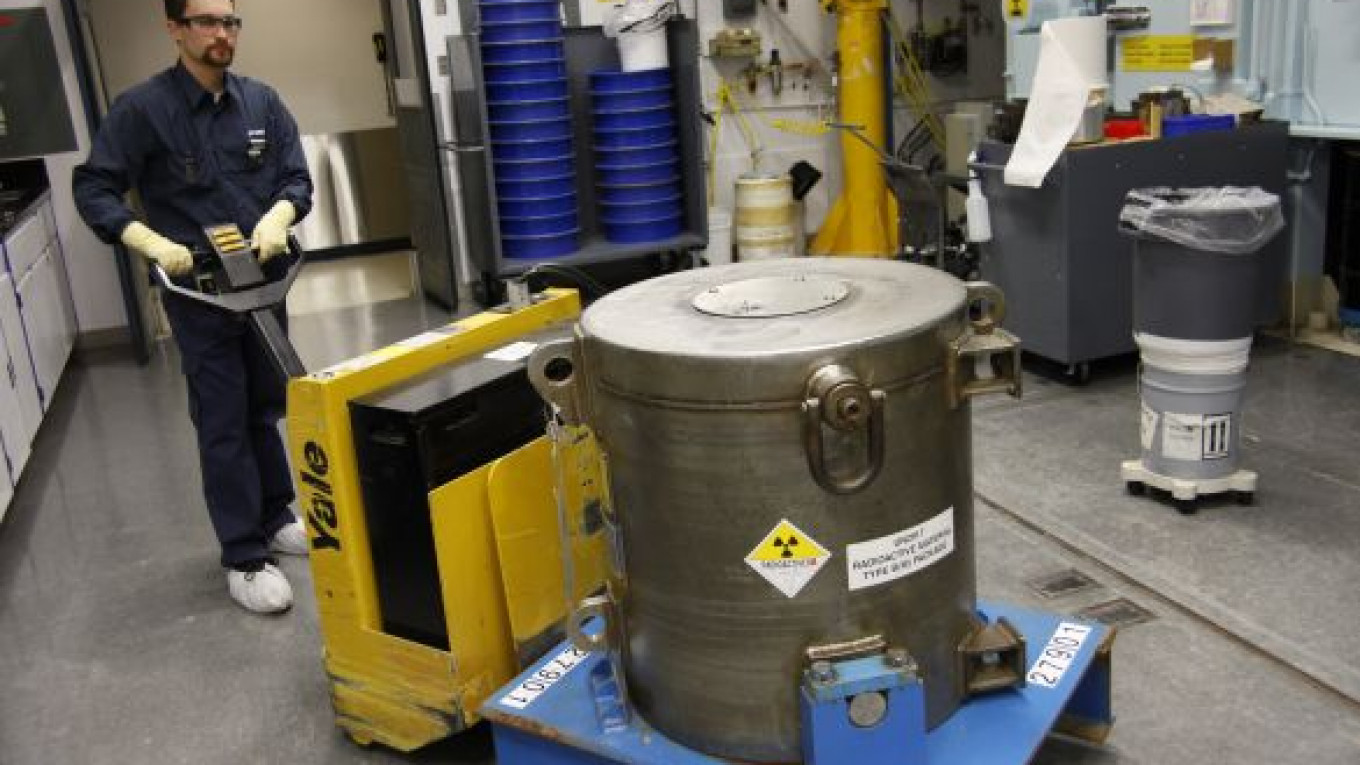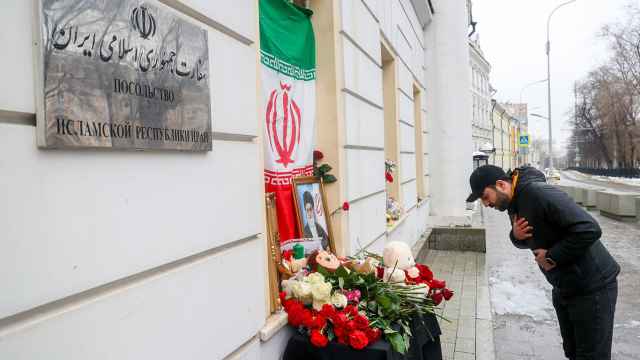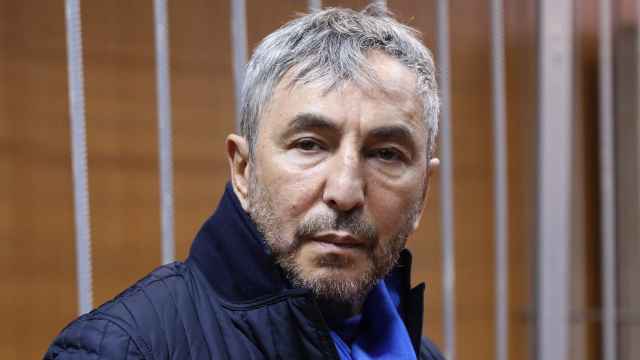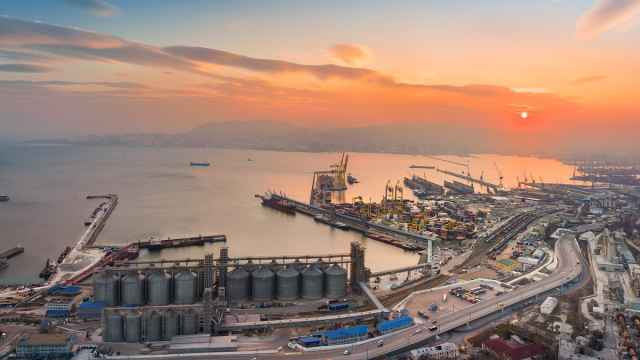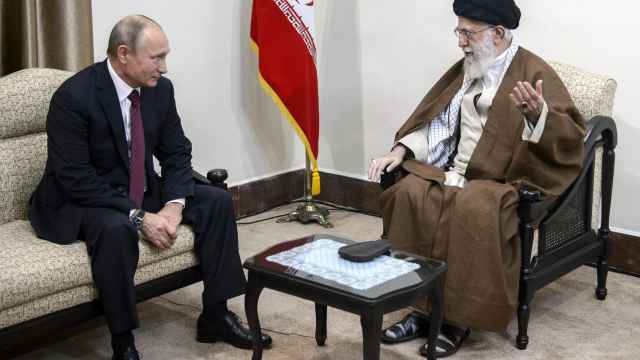Canada's MDS Nordion, a provider of products and services to the global health science market, is taking steps to certify a rare medical isotope that it agreed to buy from a Rosatom subsidiary, the Russian company's chief said Tuesday.
Nordion expects to complete the certification by next summer to be able to take shipments from Izotop, said Izotop chief Andrei Silkin, Interfax reported. Nordion said earlier that biweekly deliveries of molybdenum-99 would begin in the first half of next year.
The Moscow-based Izotop company concluded a 10-year agreement with Nordion for the supply of Russian-produced molybdenum-99, which is widely used in nuclear medicine. The radioactive isotope is frequently in short supply on the world market because of the small number of its producers.
The value of the deal is not being disclosed. The price of the isotope fluctuates widely with market supply and cannot be predicted in advance, Izotop's Silkin said in a statement issued after the signing of the agreement last week.
Izotop is an authorized subsidiary of state corporation Rosatom.
Only five nuclear reactors produce molybdenum-99 on an industrial scale worldwide, which creates shortages when they shut down for maintenance. That's why the isotope's buyers chase small-scale producers, such as the Scientific Research Institute of Atomic Reactors in the Ulyanovsk region, which will supply the substance to Izotop.
Nordion currently relies exclusively on Canada's Chalk River reactor for its supply of molybdenum-99, which is used to diagnosis cancer and heart disease. The ageing reactor shut down in May 2009 because of a heavy water leak and reopened only 15 months later. More shutdowns are planned for the reactor.
“The supply agreement provides MDS Nordion with a new source of Mo-99 for its customer base and strengthens its global supply chain,” the company said in a statement last week.The Russian institute currently produces 900 curies of the isotope per week, of which 200 curies go for domestic needs, but plans are to increase capacity in the course of several years to 2,700 curies a week to meet Nordion needs.
The Canadian company will have the exclusive right to process the molybdenum-99 it receives, as well as to distribute and sell it outside the Russian Federation.
The new production of molybdenum in Russia is being carried out as an innovation project identified by the presidential commission on the modernization of the economy and approved by President Dmitry Medvedev in June of last year, Silkin emphasized.
Proceeds from sales will be reinvested into isotope production, Silkin stated. A joint enterprise will be set up by the Russian and Canadian companies within a year and possibilities are being explored for sales of other isotopes, he added.
Izotop expects to see sales of about $50 million this year, Interfax reported. It will receive a commission of 3 percent to 5 percent of the sales price of the isotopes it handles, with the remaining money going to the producer.
A Message from The Moscow Times:
Dear readers,
We are facing unprecedented challenges. Russia's Prosecutor General's Office has designated The Moscow Times as an "undesirable" organization, criminalizing our work and putting our staff at risk of prosecution. This follows our earlier unjust labeling as a "foreign agent."
These actions are direct attempts to silence independent journalism in Russia. The authorities claim our work "discredits the decisions of the Russian leadership." We see things differently: we strive to provide accurate, unbiased reporting on Russia.
We, the journalists of The Moscow Times, refuse to be silenced. But to continue our work, we need your help.
Your support, no matter how small, makes a world of difference. If you can, please support us monthly starting from just $2. It's quick to set up, and every contribution makes a significant impact.
By supporting The Moscow Times, you're defending open, independent journalism in the face of repression. Thank you for standing with us.
Remind me later.


